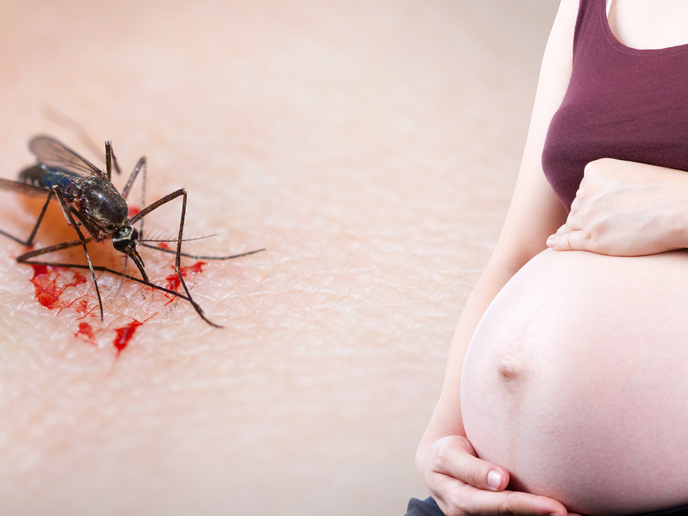Antibodies to neutralise HIV-1
Highly-active anti-retroviral therapy (HAART) is currently used for HIV management that works by blocking viral replication in infected patients without, unfortunately, eradicating the virus. Therefore, blocking viral entry altogether is emerging as an alternative approach for preventing HIV transmission. The key objective of the EU-funded 'European consortium on neutralising antibodies using gp41' (EURONEUT-41) is to utilise gp41, a component of the HIV-1 envelope, to generate a preventive vaccine. Partners have explored alternative strategies for immunogen design and have selected two candidates to conduct clinical trials. As a first step, a macaque model has been used to assess the protective efficacy of the two vaccine candidates. Using the same dose and regimen of drug administration as in the clinical trial, researchers found satisfying serum IgG antibody levels and transient vaginal mucosal IgG responses. Similar results have been obtained for the EN41-UGR7C immunogen. Challenge with SHIV162P3 in immunised animals will delineate the protective efficacy of the candidate vaccine. At the clinical level, the trials will address the efficacy of vaccination via the mucosal route (immunogen EN41-FPA2) or the peripheral blood route (immunogen EN41-UGR7C). The EN41-FPA2 study is a phase I trial and 48 healthy female volunteers have been enrolled so far and are under investigation. With regards to the parenteral track, the consortium achieved the development ofEN41-UGR7C immunogen under good manufacturing practice conditions. The novel approach proposed by EURONEUT-41 to block HIV-1 entry into the cells is promising for reducing sexual transmission of the virus. Such anti-HIV-1 vaccines are expected to significantly reduce the impact of the AIDS pandemic. At the same time, it could also be used to complement other therapeutic strategies aimed at generating T-cell–based immune responses.







